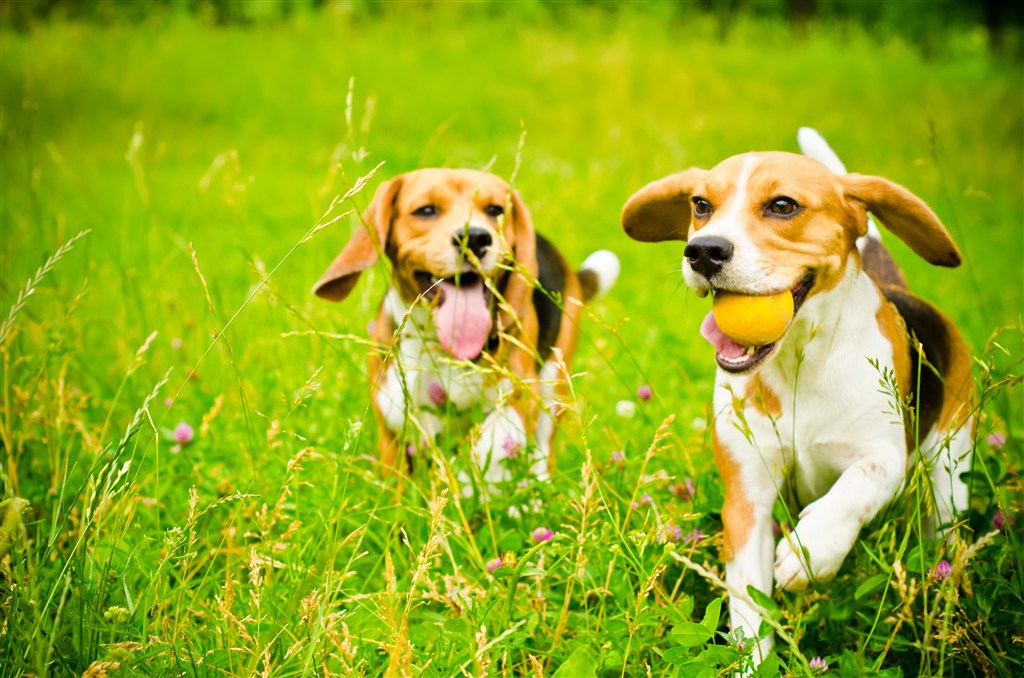Understanding Your Dog's Growling When Petting: What It Means and How to Respond
Guide or Summary:Understanding Your Dog's Growling When Petting: What It Means and How to RespondSigns to Look ForWhy Does Your Dog Growl When Petting?How t……
Guide or Summary:
- Understanding Your Dog's Growling When Petting: What It Means and How to Respond
- Signs to Look For
- Why Does Your Dog Growl When Petting?
- How to Respond
Understanding Your Dog's Growling When Petting: What It Means and How to Respond
When you reach out to pet your dog, you may expect a wagging tail and a happy face. However, sometimes you might be met with an unexpected growl. This behavior can be confusing and concerning for many dog owners. Understanding why your dog growls when being petted is crucial for fostering a safe and trusting relationship between you and your furry friend.
Firstly, growling is a form of communication for dogs. While it can be alarming for humans, it's essential to recognize that dogs do not always growl out of aggression. In fact, growling can signify a range of emotions, including discomfort, fear, or even pleasure. When your dog growls while being petted, it's important to pay attention to their body language and the context of the situation.
Signs to Look For
Observe your dog's body language closely. Are their ears pinned back? Is their body tense? These signs may indicate that your dog is feeling anxious or threatened. Conversely, if your dog’s tail is wagging and their body is relaxed, the growl might be more of a playful or contented sound.

If your dog growls when you touch a specific area, such as their paws or ears, it may mean they are uncomfortable with being touched there. Many dogs have sensitive spots, and it’s essential to respect their boundaries. In these cases, it’s wise to avoid petting these areas and to find alternative ways to show affection that your dog enjoys.
Why Does Your Dog Growl When Petting?
There are several reasons why your dog might growl when you pet them. One common reason is that they are feeling overstimulated. Just like humans, dogs have their limits when it comes to physical affection. If you notice that your dog growls after prolonged petting, it may be a signal that they need a break.
Another reason for growling could be related to past experiences. If your dog has been mishandled or has had negative experiences with people, they may be more sensitive to touch. In these cases, it’s essential to build trust gradually. Start with short petting sessions and observe your dog’s reactions.

Additionally, some dogs are naturally more vocal than others. Breeds such as the German Shepherd or the Husky are known for their vocalizations, which can include growling. In these cases, growling might simply be a part of their personality.
How to Respond
When your dog growls during petting, your response is crucial. Instead of reacting with fear or anger, it’s essential to remain calm and composed. If your dog seems uncomfortable, give them space and allow them to come to you when they feel ready.
You can also train your dog to associate petting with positive experiences. Use treats and praise to reinforce good behavior. For instance, if your dog allows you to pet them without growling, reward them with a treat. This positive reinforcement can help them feel more comfortable with being petted over time.

In conclusion, understanding your dog's growling when being petted is vital for maintaining a healthy relationship. By observing their body language, respecting their boundaries, and responding appropriately, you can ensure that your dog feels safe and loved. Remember, communication is key – both for you and your furry companion. Take the time to learn what your dog is trying to tell you, and you'll foster a deeper bond that will last a lifetime.